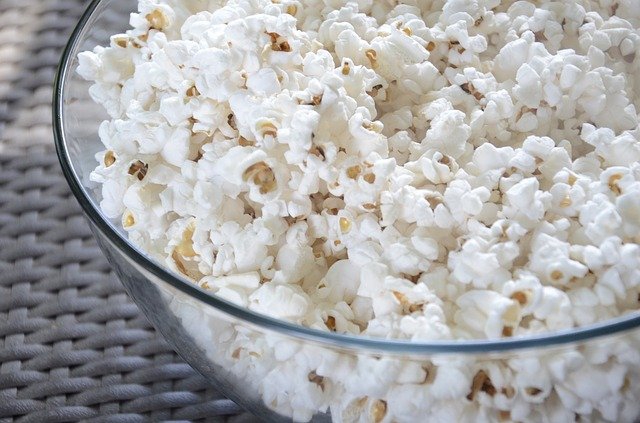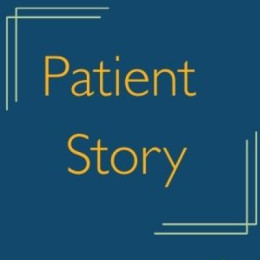
By Holly Schmitz, registered dietitian and CHCS Nutrition Services manager
January 19 is National Popcorn Day. Did you know there are many health benefits to eating popcorn?
- It's high in fiber and contains polyphenols, a type of antioxidant.
- It also contains about 8% of the daily value of iron.
- The fiber in popcorn makes it more satisfying.
- The antioxidants contain anti-inflammatory properties and can protect against cancer and cardiovascular disease.
- In addition, popcorn is a whole grain, which may reduce the risk of diabetes, heart disease and hypertension (high blood pressure). One serving (3 cups popped) is about 70% of daily recommended intake of whole grain.
- The popcorn hull contains much of the food's nutritional value, which includes beta-carotene, lutein, and zeaxanthin, which are important in maintaining eye health.
- Popcorn also contains a number of vitamins: folate, niacin, riboflavin, thiamin, pantothenic acid, and vitamins B6, A, E and K.
If you are trying to limit your calorie intake, this is a perfect go-to snack, but remember you have to limit butter, oil and other add-ons that can make it higher in calories.
Nutrients per 3 cups air-popped popcorn:
- Calories: 93
- Protein: 3 grams
- Carbohydrates: 18.6 grams
- Fiber: 3.6 grams
- Sugar: 0.2 grams
- Fat: 1.1 grams
Oil-popped popcorn has 55 calories per cup.
How to Prepare Popcorn: Start with about a half cup of popcorn kernels. Make sure you have a fairly large pot with a lid so that the kernels have room to expand. Heat your pot over medium heat and pour in the kernels. If desired, add 1 to 3 tablespoons of a light oil. Place the lid on the pot. Soon you'll start to hear the kernels popping. Find fun seasoning ideas!
Sources: USDA and WebMD











0 comments